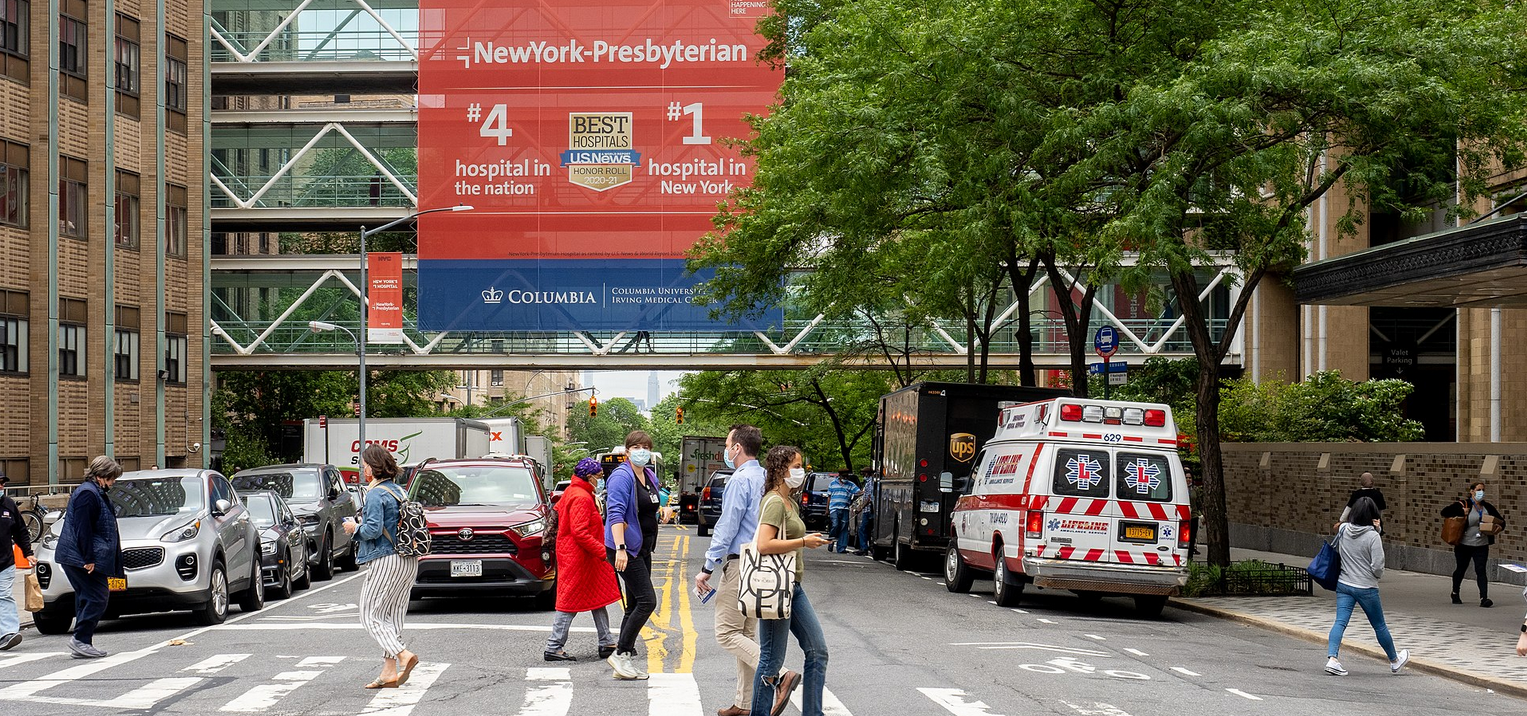Moreover, “in denying Karamagi access to medical treatment, that led to the relapse,� the High Commissioner can’t use the diplomatic immunity defense, adds the lawyer.
[African News Update]
Lawyers representing the ailing Ugandan female domestic employee allegedly abandoned in London after being brought by the High Commissioner will commence legal action against the diplomat tomorrow, The Black Star News has learned.
The firm of Graceland Solicitors will argue that High Commissioner Joan Rwabyomere cannot be protected by diplomatic immunity for having allegedly denied medical treatment to the fired domestic.
Rwabyomere is currently in Uganda, according to High Commission officials; an official also suggested that the Uganda government has started distancing itself from Rwabyomere’s actions.
The ailing Ugandan, Evelyn Karamagi was brought to the U.K. under a three-year employment contract starting last April, to work as a “gardener,” according to the contract, a copy of which was obtained by The Black Star News.
Less than five months later, Karamagi was fired for cause, Rwabyomere insists in a letter she sent to the U.K. Employment Tribunals, which is currently adjudicating the matter. Karamagi was dismissed without severance or airfare to return home, driving her into the streets; a Ugandan Samaritan took her in.
What’s more, Karamagi contends, Rwabyomere actually did not have cause to fire her; the High Commissioner became hostile after she made repeated attempts to get treated for her kidney ailment and was denied. As a result of her worsened condition, Karamagi was admitted August 17, 2007, to Newham University Hospital, an East London hospital, suffering renal disorder.
She has since been transferred yesterday to UCL Centre for Nephrology, Royal Free Hospital Hampstead NHS Trust. She had gone there from the first hospital to consult with Dr. John Connolly a Nephrologist Consultant, and a decision was made to admit her there for further tests. She may have developed a heart condition additionally, The Black Star had learned.
The Black Star spoke briefly with Karamagi from her hospital bed by telephone.
“They are doing some test,” she said, “They have taken some blood sample.” Last week doctors attributed Karamagi’s problem to beta cells which they said had been obliterated; with her kidneys unable to perform normally, her legs and feet are swollen.
Separately, there have been outpouring of e-mail messages to this newspaper from angry Ugandans who are asking that the High Commissioner’s diplomatic immunity be waived so she can be prosecuted. That’s precisely the position that Graceland Solicitors has also taken.
“We are going to serve a direct legal notice for the commencement of the Court proceedings to Rwabyomere,” a lawyer with the firm tells The Black Star News. “This involves direct personal injury matters to which there is no defense of diplomatic immunity.”
Moreover, “in denying Karamagi access to medical treatment, that led to the relapse,” the High Commissioner can’t use the diplomatic immunity defense, adds the lawyer.
Ugandan officials don’t seem eager to stand up for Rwabyomere.
An official at the High Commission here in London, who insisted that his name not be used, today said the issue, which has now spun out of control, should have been a personal matter between the two parties.
“At last I established that Rwabyomere brought Karamagi as her domestic worker, but she wasn’t an official employee. And in such case the salary has to come from that of the person registered her,” says the official. He adds that if there had been any “controversy” or “any sort of indiscipline,” by Karamagi, then the High Commissioner should have approached the U.K. Home Office.
“Both come from Toro and I believe they have some kind of relationship. They should have settled the matter. If they wanted, we as government to help, that is when we should have come in. But the whole thing is between two people,” he adds.
This official’s assertion do not match the terms outlined in the contract.
Karamagi’s three-year employment contract at $20,800 annual salary was signed by Karamagi and Rwabyomere “For And On Behalf of Uganda High Commission.”
She was to be employed beginning April 1, 2006 as a gardener and caretaker. Karamagi’s duties according to the contract were, “Taking care of and maintaining the garden and lawn at the official residence at 39 Ingram Avenue or any other official residence.”
Karamagi says she left her job in Uganda to take the London job.
In an earlier phone interview, Uganda’s foreign minister Sam Kutesa had said he would investigate the matter.
A copy of a visa request letter to come to the U.K., dated March 9, 2006 to the British High Commission in Kampala bearing the Uganda foreign affairs ministry letterhead, in addition to asking entry visas for Rwabyomere and her two sons, names three other individuals, including Karamagi, as “domestic staff.” None of the three are currently employed by or by the High Commission.
Investigative reporter Miwambo writes for The Black Star from London.
To comment or to subscribe to or advertise in New York’s leading Pan African weekly investigative newspaper, or to send us a news tip, please call (212) 481-7745 or send a note to Milton@blackstarnews.com







